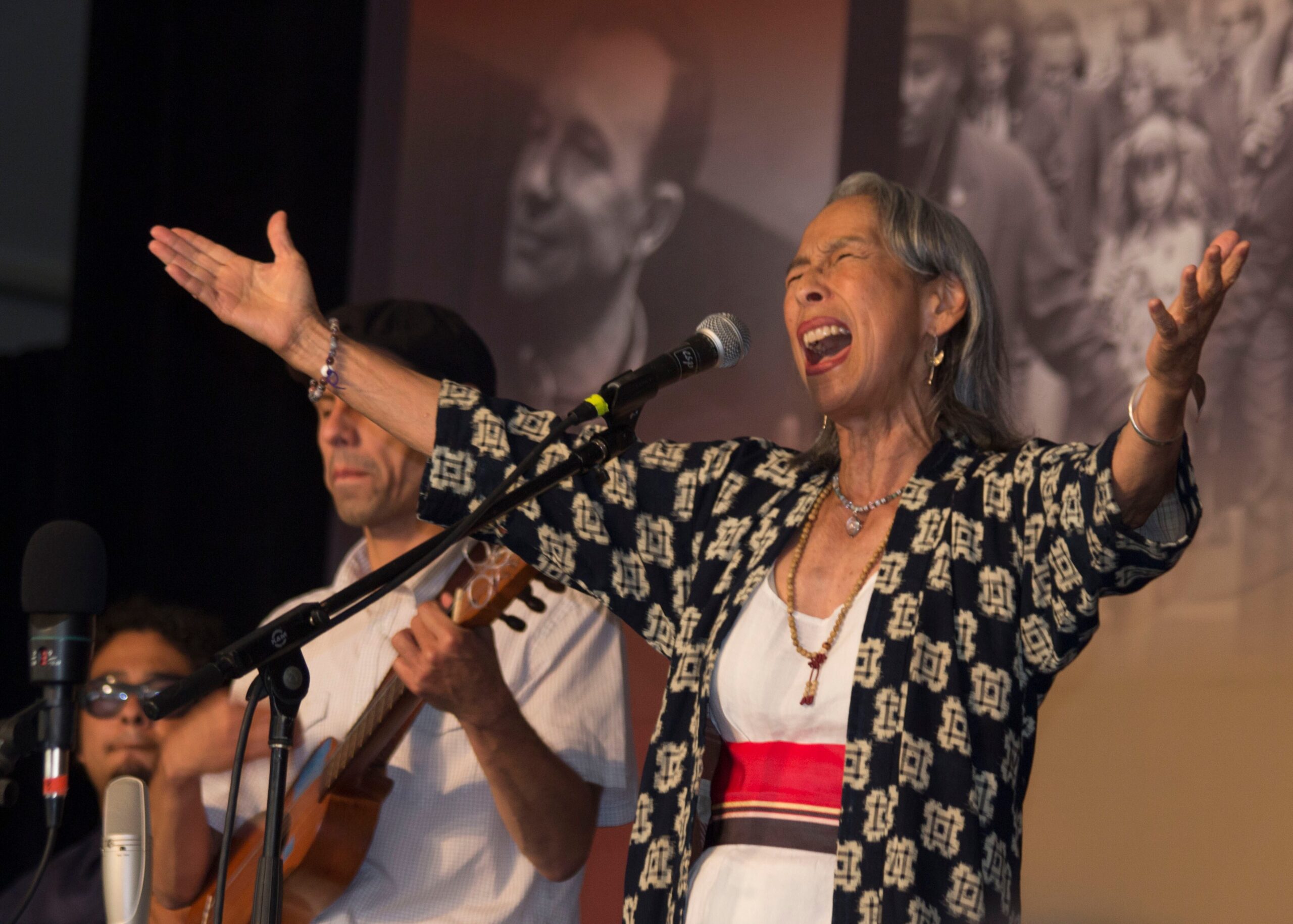In contemplating the intricate nexus between Bahá’í teachings and the rhythmic cadences of social change, one might ponder: How can music serve as a clarion call for transformation within communities? This inquiry illustrates a pivotal challenge: while the Bahá’í Faith promotes unity and harmony, the real-world manifestations of social change often dance to a discordant melody. The interplay between music and social movements invites us to explore how the profound insights of Bahá’í teachings can inspire and invigorate the quest for equity and social justice.
At its core, Bahá’í teachings posit that every individual possesses innate nobility and potential. This belief serves as the foundation for understanding human dignity and rights fundamental to the pursuit of social change. The very essence of this faith advocates for the oneness of humanity—an idea that reverberates through countless musical traditions around the world. Music, much like the collective actions of people striving for social justice, transcends linguistic and cultural barriers, embodying the spirit of unity.
In the realm of social change, music often emerges as a catalyst, nurturing a shared identity among individuals striving for common goals. Consider the transformative power of protest songs, which have been woven into the tapestry of movements throughout history. These melodic expressions have rallied people, ignited passions, and fostered solidarity. In the Bahá’í context, the symphonic harmonies of collective endeavor echo the Faith’s teachings on collaboration and cooperation.
Imagine a gathering of individuals, dissimilar in their backgrounds yet united by a common dream. Their voices blend to create an ethereal chorus, harmonizing their aspirations for justice and equality. This vivid imagery encapsulates how music can serve as an instrument of empowerment, resonating deeply within the core of Bahá’í beliefs. The challenge lies in harnessing this rhythm—fostering a culture where music amplifies the cries for change while invoking the principles of compassion and inclusivity inherent in Bahá’í teachings.
Bahá’í teachings elucidate that true change arises not merely from external societal alterations but from profound inner transformation—an idea intricately linked to the soundscape of any movement. As individuals engage with music, they often experience emotional and spiritual awakening, which can serve as the impetus for larger societal shifts. Engaging with music invites personal introspection and self-awareness. Just as a poignant melody may elicit tears, the struggle for social justice also requires an emotional resonance that propels individuals towards collective action.
Furthermore, the Bahá’í perspective emphasizes the importance of education as a instrument for societal advancement. When coupled with the arts, particularly music, educational initiatives can transcend traditional pedagogical boundaries. Music education nurtures creativity and critical thinking, empowering individuals to envision innovative solutions to the challenges they face. This creative potential is vital for social change; the power of rhythmic expression lies in its ability to inspire individuals to think beyond conventional paradigms.
One must recognize that music within the context of social change is not a panacea; it must accompany diligent action and commitment to realizing a fairer society. As we consider the power of music, we should also reflect on the ethical implications of such expressions. Does the music echo the true aspirations of the community? Is it inclusive of all voices, particularly those historically marginalized? The responsibility falls upon artists to ensure their work resonates authentically with the experiences and aspirations of the communities they represent. The Bahá’í commitment to justice and equity necessitates that music serves not just as an embellishment to activism but as a genuine reflection of collective struggles.
As we navigate this tumultuous terrain of social change, it is essential to remain mindful of the potential for music to act as both a refuge and a reflection of society’s complexities. When individuals feel disheartened or faced with adversity, music offers solace, a chance to recharge one’s spirit. However, it is also imperative to recognize the dual nature of music; while it can uplift, it can also perpetuate divides if not wielded with discernment and deliberation. The Bahá’í inclination towards unity necessitates that we tread carefully, ensuring that our musical expressions contribute to building rather than eroding social cohesion.
Ultimately, the relationship between music and social change is a dynamic interplay of creativity and conscience, emotion and ethics. Embracing the Bahá’í principles of oneness and justice within this interplay can catalyze profound transformation, inviting individuals to discover their unique harmonious contributions toward societal evolution. Every chord played in the name of social justice should invoke a spirit of collaboration, prompting all involved to engage in a lyrical dialogue that fosters understanding and respect for diverse perspectives.
As we consider how music can invigorate social change, the call to action is clear: let us harness the power of melodies that resonate with our highest aspirations, crafting a symphony of social evolution grounded in Bahá’í teachings. In this endeavor, we are reminded that while the journey may be complex, the rhythm of change is within reach, ready for us to embrace it, echoing the transformative potential of every movement.
